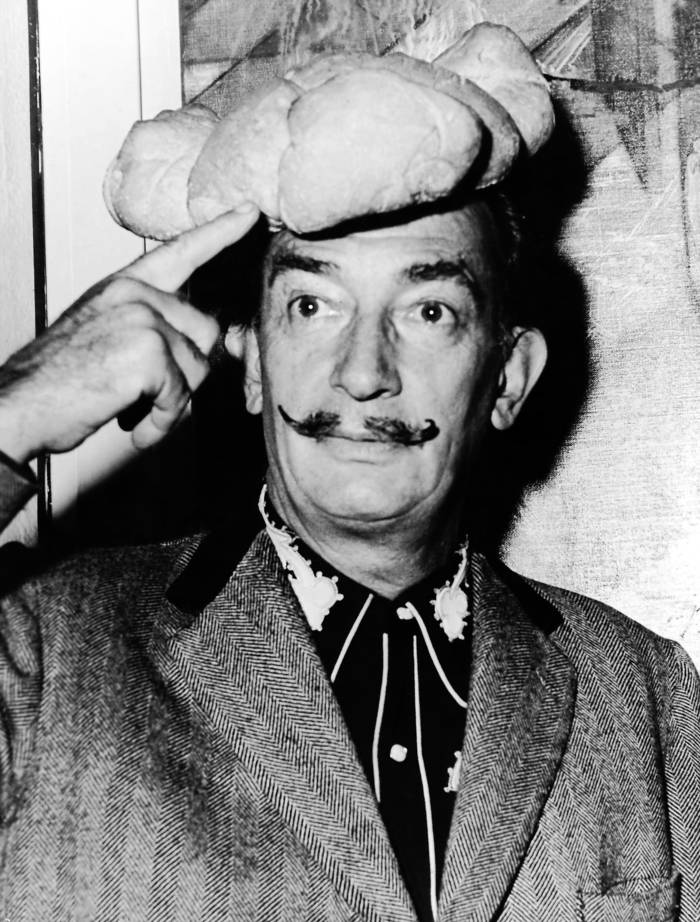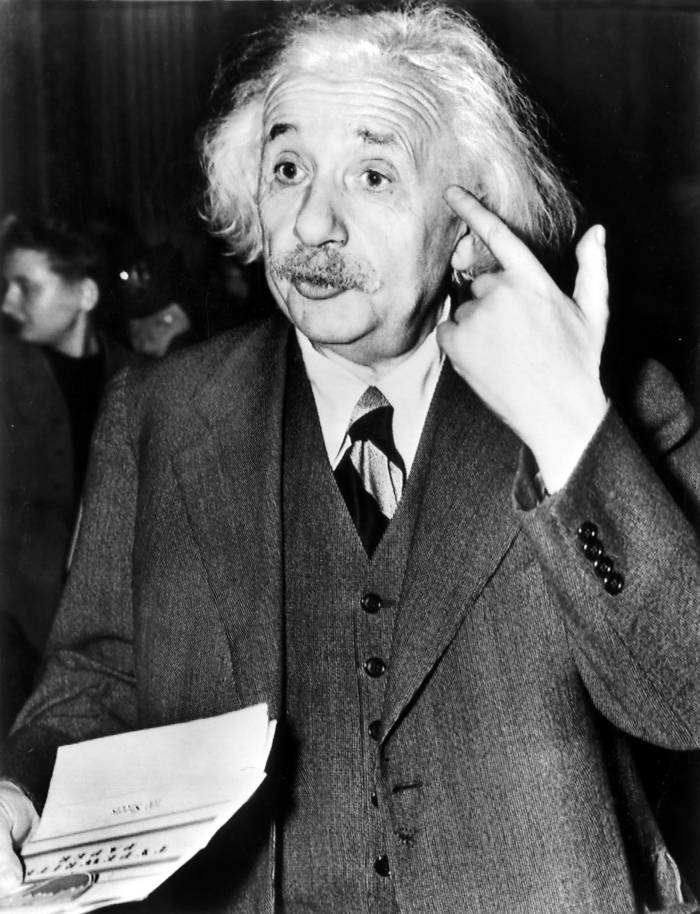Transferring someone’s consciousness may not be possible, and it raises ethical questions about identity, autonomy and the sanctity of life
The human brain, with its intricate web of neurons firing in synchrony, has long been regarded as the epicentre of creativity and artistic expression.
Throughout history, artists and thinkers have pondered the mysteries of the mind, marvelling at its ability to conjure melodies, images and stories that captivate and inspire. In contemporary discourse, the idea of the brain as the fountainhead of creativity has led to speculations about the potential of brain transplants to immortalise artistic genius.
Ancient Greek society believed that the divine spark of inspiration could be found in altered states of consciousness, induced through various ways such as rituals, music and substances, many of which played important roles in artistic and prophetic endeavours, religious practices and spiritual experiences.
During the Renaissance, the burgeoning interest in human anatomy spurred Leonardo da Vinci on to conduct anatomical studies to understand the structure and function of the human body. His drawings and observations reflected a growing awareness of the brain’s importance in governing human cognition, emotion, and creativity, recognising the brain as the seat of intellect and imagination and believing that its intricate workings held the key to unlocking the mysteries of creativity.
During the Enlightenment, thinkers such as Descartes and Locke confirmed the emphasis on reason, rationality and empirical inquiry through their mechanistic understanding of the mind, viewing it as a complex machine governed by physical laws.
As the Enlightenment gave way to the Romantic era, attitudes toward creativity again began to shift. Romantics celebrated the power of the imagination, intuition and emotion, favouring a more holistic and intuitive understanding, emphasising the transcendental and spiritual aspects of inspiration.
Recent explorations of the intersection between neurological research and creative expression has revealed the complex interplay between science, art and the human experience that are responsible for cognitive processes such as imagination, perception, and emotion — key components of artistic creation.
Research has shown that various regions of the brain, including the prefrontal cortex, temporal lobes and limbic system, play crucial roles in generating artistic ideas and executing them into tangible forms. The brains of musicians orchestrate the interplay of auditory processing, motor coordination and emotional resonance to give rise to melodies, while visual artists rely on the brain’s visual cortex, hippocampus and amygdala to interpret the world around them to create works with personal meaning and symbolism.
In recent years, the notion of preserving artistic genius through brain transplants has ignited fascination and controversy. In December 2022, Sergio Canavero said “whole brain transplantation in man” is technically feasible. This concept posits that by transplanting the brain of a deceased artist into a new body, their creative essence could be perpetuated, allowing future generations to experience their work firsthand.
Proponents argue that such a procedure would safeguard cultural treasures from the ravages of time, ensuring that the brilliance of masterful composers, painters, and writers endures indefinitely.
But ethical concerns loom large in discussions of brain transplants. The very notion of transferring consciousness — assuming it is even possible — raises profound philosophical questions about identity, autonomy and the sanctity of life.
The two ethical components of consciousness relate to the value or disvalue that consciousness has for individuals and depend on its phenomenology (what it is like to be aware) and content (what one is aware of). These aspects shape normative judgments regarding the effects of various conscious states on individuals, influencing moral judgments about whether intentionally causing these states is permissible or impermissible and how these states can affect behaviour.
Critics caution againstreducing artists to mere repositories of their creative output, warning that the essence of art lies not solely in its physical manifestation but in the lived experiences and unique perspectives of its creators.
And the commodifying artistic genius through commercial exploitation raises troubling implications for the integrity of creative expression.
While brain transplants remain firmly entrenched in the realm of science fiction, historical anecdotes and contemporary advancements offer intriguing glimpses into humanity’s fascination with the intersection of art and neuroscience. Several famous artists and scientists have donated their brains for future study, either to advance scientific understanding or to contribute to research on specific neurological conditions.
Albert Einstein, renowned physicist, bequeathed his brain to science upon his death in 1955. His brain was preserved for research purposes, with scientists hoping to uncover clues about the neural basis of his extraordinary intellectual abilities.
Santiago Ramón y Cajal, considered the father of modern neuroscience, donated his brain to science upon his death in 1934. His pioneering work in neuroanatomy and histology revolutionised our understanding of the structure and function of the nervous system.
Surrealist artist Salvador Dalí expressed a desire to have his brain preserved for scientific study. While his brain was initially embalmed, it was later exhumed in 2017 for a DNA test in a paternity case, but the condition of the brain was reportedly unsuitable for further study.
These individuals, among others, have made significant contributions to scientific knowledge through the donation of their brains.


Innovations such as neuro prosthetics and brain-computer interfaces (BCIs) hint at the possibilities of merging biology with technology to augment human capabilities. Although these developments may not yet enable the transplantation of entire brains, they underscore the potential for future breakthroughs in neural engineering and regenerative medicine.
Neuro prosthetics, for instance, involve the development of artificial devices that interface with the nervous system to restore lost sensory or motor functions. These technologies focus on restoring functionality rather than transferring consciousness, but they provide insights into the complex interactions between the brain and external devices.
Similarly, brain-computer interfaces enable direct communication between the brain and external devices, allowing individuals to control computers, prosthetic limbs or even communicate through thought alone. While current BCIs are limited in their scope and resolution, ongoing research aims to improve their precision, reliability and accessibility, with potential applications ranging from assistive technology to neurorehabilitation.
Advancements in neural engineering, including techniques such as optogenetics and deep brain stimulation, offer further opportunities for manipulating and modulating neural activity. While these approaches primarily target specific brain circuits or regions rather than the entire brain, they provide valuable tools for investigating the neural basis of cognition, emotion and behaviour.
In the realm of consciousness transfer to computers, theoretical discussions often centre on the concept of mind uploading, wherein a person’s mental states, memories and personality are replicated in a digital substrate. Although speculative, proponents argue that such technology could theoretically enable immortality by transferring consciousness to a durable and potentially immortalised form.
The human brain, with its boundless capacity for imagination and innovation, remains a source of endless fascination and speculation. As our understanding of its inner workings continues to deepen, so too does our appreciation for the profound role it plays in shaping the course of human creativity.
While the concept of brain transplants raises provocative questions about the nature of art and the limits of scientific intervention, it ultimately underscores the enduring quest to unlock the mysteries of the mind and preserve the legacies of those who dared to dream.
Dr Marietjie Botes is the chief executive of BioLAWgic and The Visual Law Lab and an honorary research fellow in health law and bioethics at the University of KwaZulu-Natal.